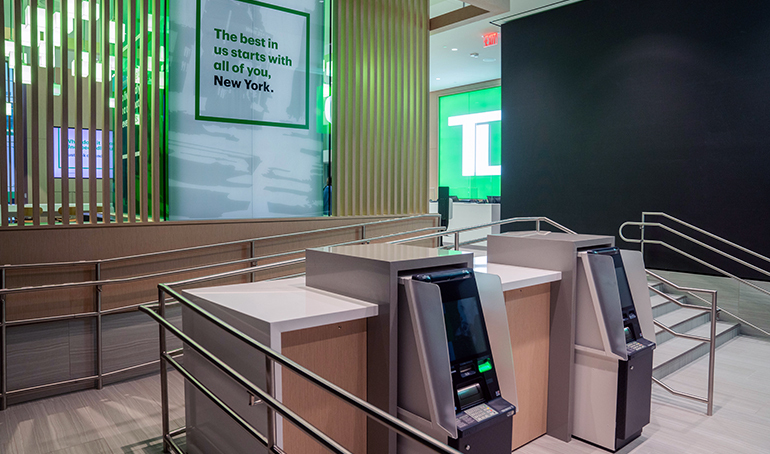As you start to make plans for holiday shopping, the question may come up as to the best method to pay if you are not using cash – your credit card or debit card.
You might use your debit card and credit card interchangeably, even reaching for whichever piece of plastic is handy at the time. Both a credit card and a debit card get the job done when holiday shopping or year-round activities such as paying utilities. But did you know that these two types of cards couldn't be more different when it comes to fraud protection and other key factors?
When you use a debit card, funds are often drawn from your checking account or another linked account that same day. When you use a credit card, you’re borrowing money from the credit card issuer and adding to a balance that you can pay off each month or carry while paying interest. Those aren't the only important differences, however.
Here are five things to know about when to use your credit card vs. a debit card.
Credit Cards Often Offer Better Fraud Protection
Debit cards and credit cards both often offer fraud liability protection. But there is a major difference in the amount you could be liable for if someone uses your card for fraudulent transactions. With a credit card, you're typically responsible for up to $50 of unauthorized transactions, or zero if you report the loss before the credit card is used.
You could be liable for much more for unauthorized transactions on your debit card. If you report the debit card as lost or stolen within two days, you're typically responsible for up to $50. If you wait longer than two days to report the card as lost or stolen, your liability could be as high as $500, or even the full amount if you wait longer than 60 days.
Using a Credit Card Can Help Build Good Credit

If you're trying to build a credit history or improve your credit, charging even a small amount on your credit card each month and making timely payments or paying off the statement balance each month can have a positive impact on your credit score. Using your debit card won't affect your credit history, since the transaction is simply a withdrawal from your checking account, not a credit transaction.
Paying with a Debit Card Can Help Manage Credit Card Debt
Every time you use your credit card, you're adding to the card's balance. If you pay off the balance each month, that's not a problem. However, if your balance is already high and you want to pay it down, paying the bills and everyday expenses with your debit card for a while can help get your credit card balance down to a manageable amount.
Use Your Debit Card for ATM Withdrawals

When you need cash from an ATM, you're probably better off using your debit card to withdraw funds, even if you must pay an ATM fee. Most credit card issuers charge a cash advance fee, typically a flat fee of $10 or 5% of the transaction, whichever is higher, according to Creditcards.com. On top of the cash advance fee, you'll usually pay a higher interest rate on the cash advance amount, an average APR of 24.80 percent, according to Creditcards.com
Use a Credit Card for Hotel Deposits

If you are traveling this season, you may be staying at a hotel. Most hotels require a credit card or debit card for a deposit on room rates, taxes and incidentals when you check in. Both types of cards return the deposit after you check out, but you're better off using your credit card in this scenario. That's because the hotel will charge your debit card for that deposit immediately, withdrawing funds from your checking account, decreasing the amount of money you have available. When you use a credit card, the deposit is simply a hold on your card's available funds.
Now that you know when it might be best to use a debit card or credit card, plan for when you'll use each card. While you're at it, set a goal for building an emergency savings so you'll have cash available for emergency expenses and won't have to charge them to your credit card.
For more on personal finance topics
If you have more questions about holiday savings and other personal finance topics that matter to you, visit the Learning Center on TD Bank's website.
We hope you found this helpful. Our content is not intended to provide legal, investment or financial advice or to indicate that a TD Bank product or service is available or right for you. For specific advice about your unique circumstances, consider talking with a qualified professional.
